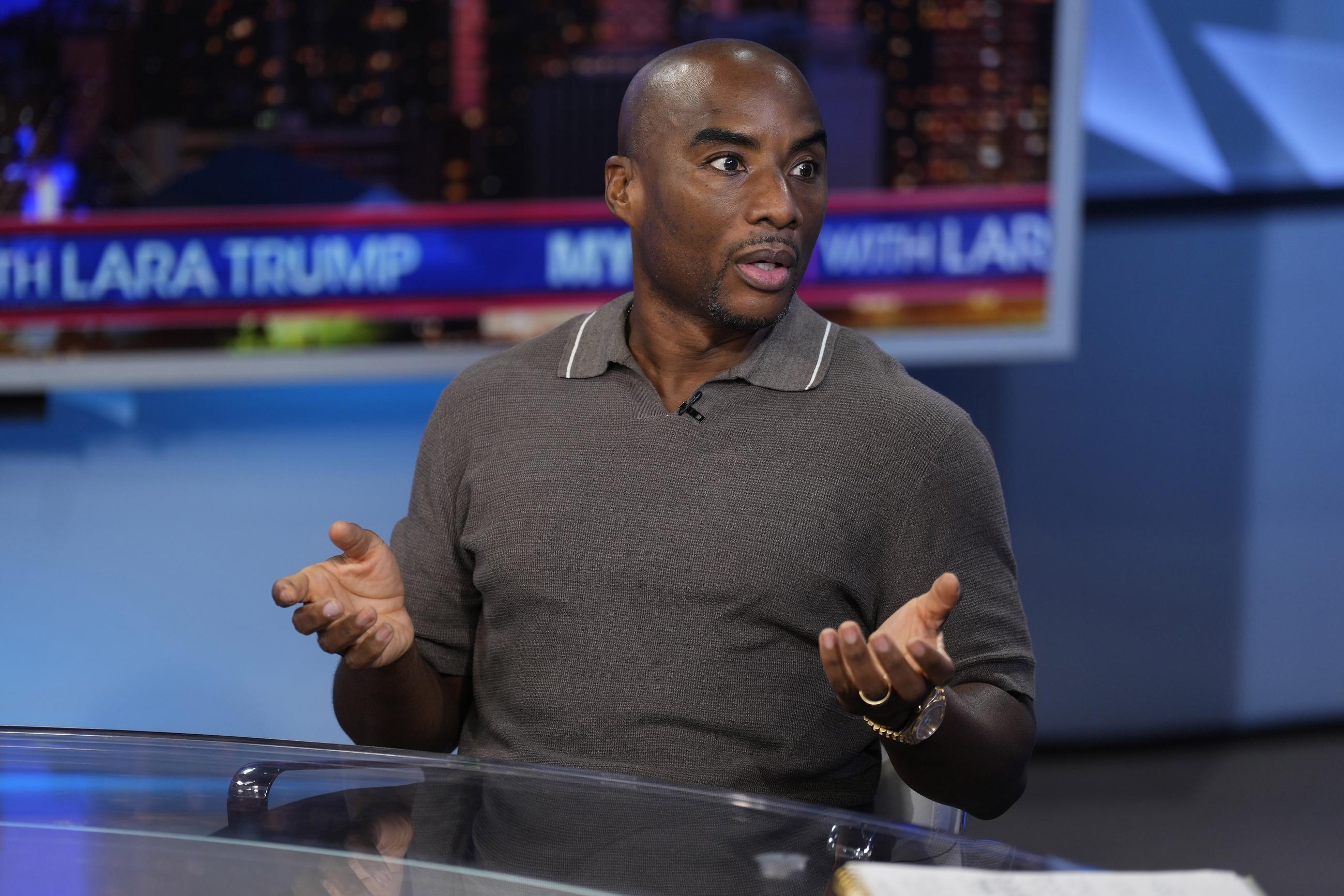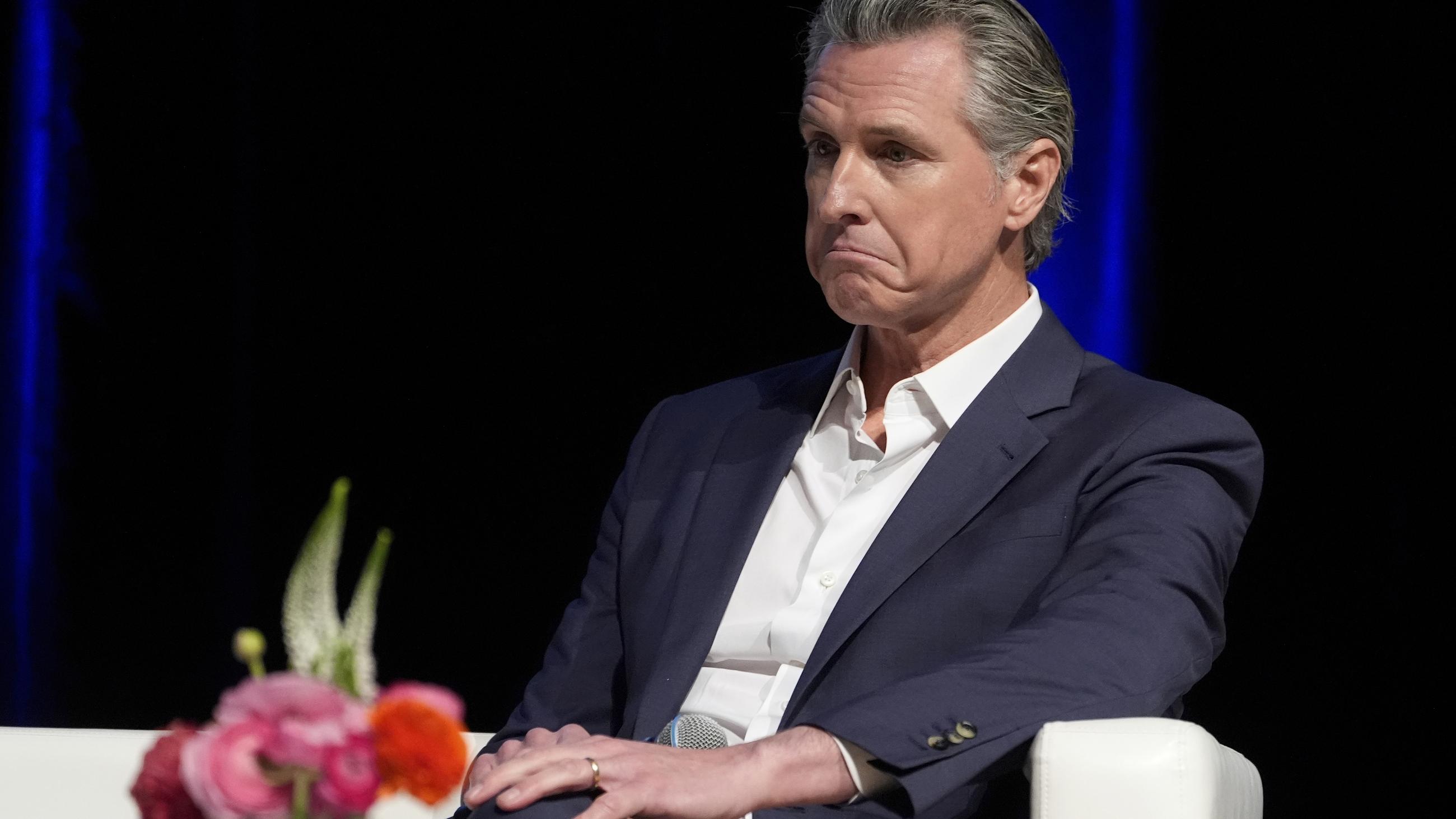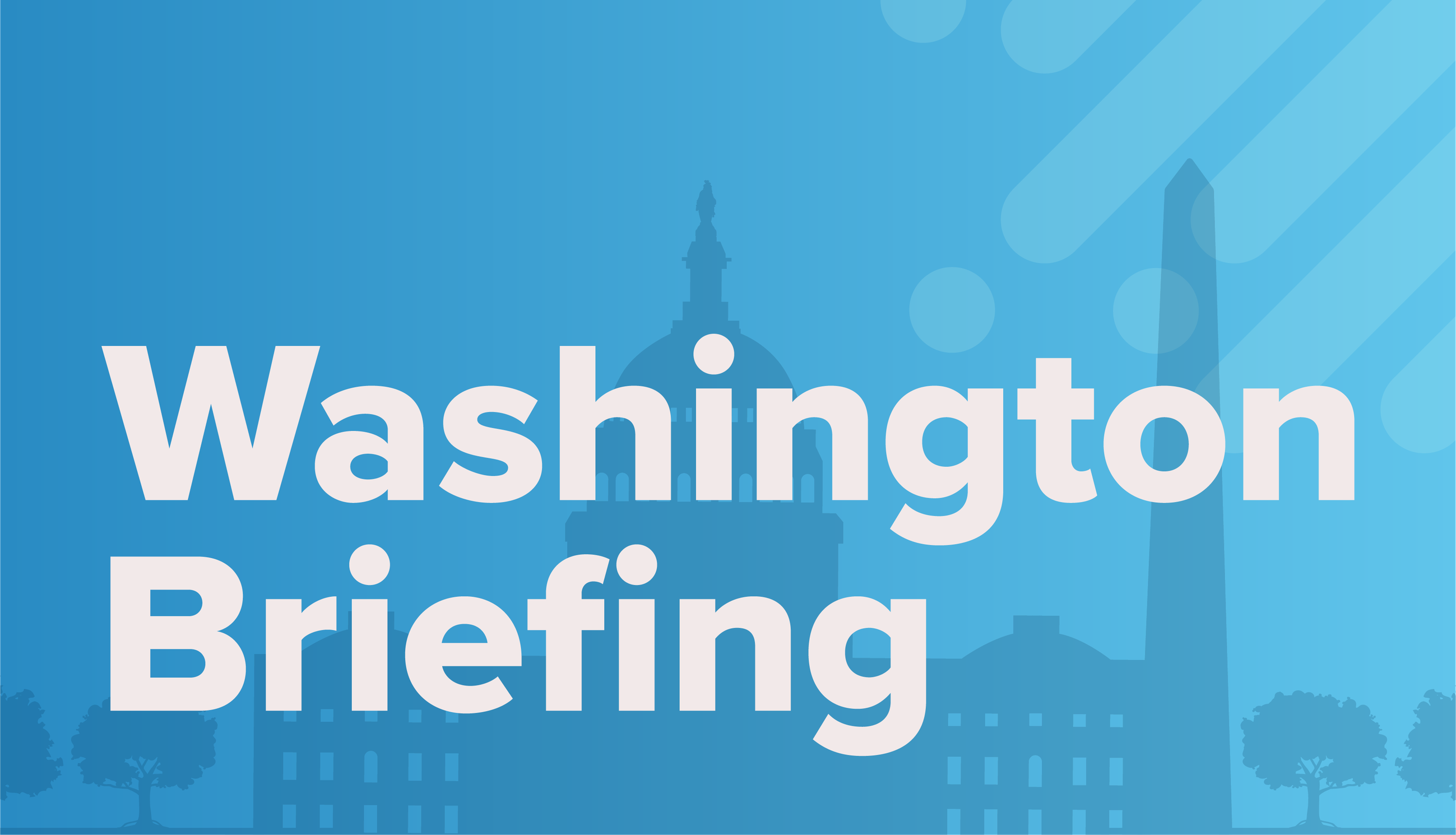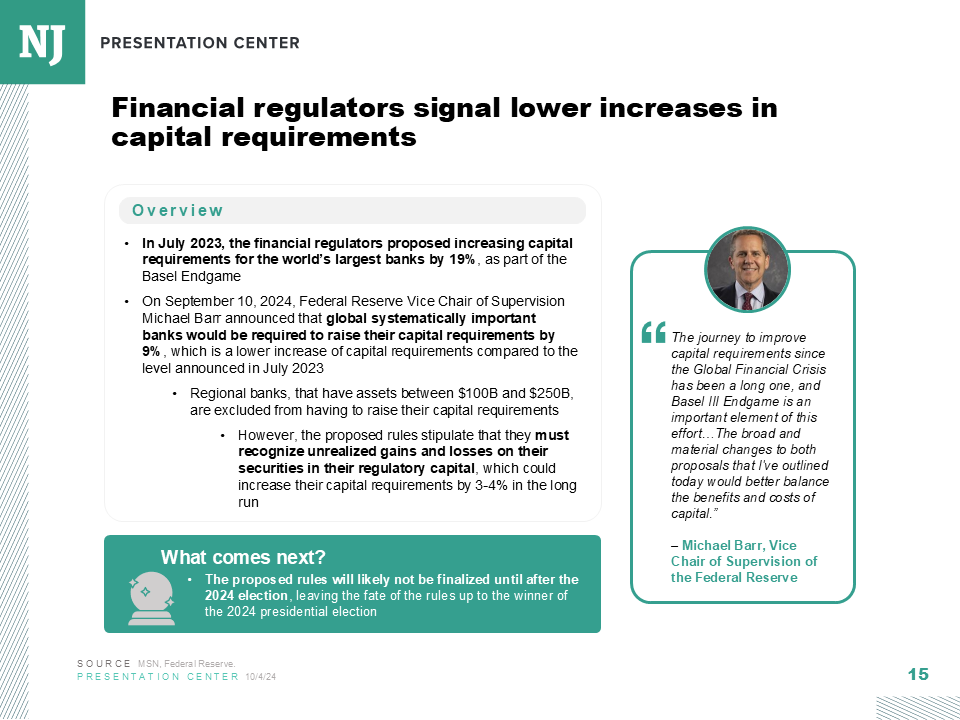President Trump is feuding with Charlamagne tha God.
That sentence encapsulates just how different a political and cultural world we live in now compared to a decade or two ago. The president is responding on social media to criticism of his actions from media figures who aren’t even political actors. Today’s biggest political influencers are show hosts reaching massive audiences through a combination of podcasting, videocasting, and, in Charlamagne’s case, old-school radio.
The impact of these figures on politics is apparent in the aftermath of the 2024 election. How much ink was spilled debating whether then-Vice President Kamala Harris might have won the election if she had just gone on Joe Rogan’s show?
Charlamagne and Rogan are unique in their reach and approach. Both—in very different ways—capture what is happening in the U.S. culturally, politically, and economically, without a strong commitment to Democrats or Republicans. Given their status and influence, it’s not a good sign for Trump that both are heavily questioning the president’s focus.
Charlamagne and Trump are at odds over the radio personality’s criticism of the president on his daughter-in-law’s Fox News show. That triggered an outburst from the president on Truth Social, lambasting Charlemagne in the classic Trump way—with lots of name-calling and insults.
Charlamagne supported Harris in 2024, but his response to Trump shows that he is not simply shilling for Democrats. He reiterated his problems with the president, but noted that he wants to see Trump achieve his goals: “I don’t care who’s in the White House. I want America to succeed.” In the same breath that he thanked Lara Trump for having him on her Fox News show called My View he criticized ABC’s The View for not featuring conservative voices.
Then there’s Rogan, who swung from endorsing former President Joe Biden in 2020 to endorsing Trump in 2024. He isn’t a Trump hardliner, though. In July, he had Democratic Texas Rep. James Talarico on the show. Talarico, who’s considering a challenge to Sen. John Cornyn, impressed Rogan. The podcast host liked what he was saying so much that he urged Talarico to run for president someday. Rogan has also refused to let the Jeffrey Epstein controversy rest, and he has harshly criticized the administration’s tariffs and ICE raids.
The Joe Rogan Experience and Charlamagne’s The Breakfast Club are probably a lot closer to how most regular people experience politics in their lives than any politically focused podcast or show. On these shows politics is one piece of the picture, not everything. The hosts are looking for good ideas to solve problems and people who can do good things for the country, and they will side with whoever they think is best suited for that right now.
I’m a long-time pollster, so I’m not supposed to say that anything other than polls can really tell us about people’s views. And I’m not going to now—polls are still the best tool we have to measure large-scale public opinion. At the same time, we can learn from the swings in opinion on shows like Rogan’s and Charlamagne’s.
Polls can only tell us so much these days. Most typical poll questions elicit polarized responses, often as a result of “expressive responding,” in which respondents answer the way they think they should based on their partisan identification. Even metrics like the direction of the country suffer from polarization effects.
Presidential approval is inherently frozen in a small range: Democrats will always dislike a Republican president, and vice versa. Independents will swing around, causing shifts of a few percentage points here and there, but nothing more. Even though Republicans dislike how Trump has handled the Epstein saga, they still say they approve of his job as president.
We need to combine what we know from polling with what is driving the watercooler chatter to get the full picture of how Americans experience politics. As an example, the preelection polls showed a consistently tied race in the lead-up to the 2024 election, but the vibes pointed toward a lot of anti-incumbent animosity. Rogan’s switch from Biden to Trump was a warning. Even though Charlamagne supported Harris, he also talked quite a bit about Democrats’ problems.
Rogan and Charlamagne are not who we typically think of when we talk about political influencers. We don’t think of them as “thought leaders” because they’re not “in politics,” so why should anyone listen to them to understand the political landscape?
But that’s exactly why we should listen to them. They—and others like them—are a mirror reflecting the social and cultural churn beyond the poll numbers. The Breakfast Club and The Joe Rogan Experience have interesting shows that go far beyond politics—essential for keeping an audience engaged. Few people want all politics, all the time.
Next week maybe I’ll write about why none of the major political or cultural touchstone podcasts are run by women.





